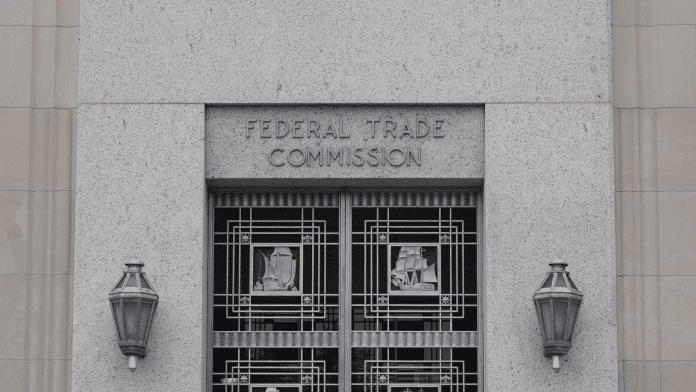In June, the Federal Trade Commission (FTC) released consumer protection provisions for car dealers and dealership marketing teams. The provisions specifically aim to eliminate junk fees and “bait-and-switch” marketing tactics that could negatively impact customers throughout the car buying experience. While the FTC seems to be prepared to move forward, many automotive associations are not. Here’s a look at the proposed provisions dealers, marketers, and F&I teams should keep an eye on.
In a press release about the proposed rules, the FTC said:
“As auto prices surge, the Commission is seeking to eliminate the tricks and traps that make it hard or impossible to comparison shop or leave consumers saddled with thousands of dollars in unwanted junk charges. The proposed rule would protect consumers and honest dealers by making the car-buying process more clear and competitive.”The provisions specifically aim to eliminate junk fees and “bait-and-switch” marketing tactics that could negatively impact customers throughout the car buying experience. While the FTC seems to be prepared to move forward, the National Automobile Association of Dealers (NADA) CEO Mike Stanton is wary of the new proposed regulations:
“The FTC’s proposed rule would impose a vast array of new, completely unwarranted, redundant and ineffectual requirements that will cause great harm to consumers by increasing prices, extending transaction times, and making the customer experience much more complex and inefficient…”
Stanton went on to say that “unfair” and “deceptive acts or practices” should still be dealt with by the FTC but did not feel that these new provisions were warranted.
Here’s a look at the proposed provisions dealers, marketers, and F&I teams should keep an eye on.
FTC proposed provisions
The Ban of Bait-and-Switch Claims: This provision is meant to keep car dealers from making any misleading claims in advertising about a vehicle to attract customers. For example, this can include misleading information about a car’s cost, financing terms, add-on products or services, discounts, rebates, vehicle availability, and other claims.
The Ban of Fraudulent Junk Fees: Would prohibit dealers from charging for add-ons or services that don’t provide any notable benefit to consumers.
The Ban of Surprise Junk Fees: Dealers would have to inform consumers about the price of a car without any add-ons and get their informed and written consent before including any add-ons.
Full upfront disclosure of cost and conditions: Dealers would be required to inform consumers of the “true price” of a vehicle, not including only taxes and government fees. Additionally, dealers would have to tell customers about pricing for optional add-ons and inform customers that these add-on features are not required to purchase or lease the selected car. Customers would also have to receive specific information about financing terms.
According to Paul Metrey, Senior Vice President of Regulatory Affairs at NADA, the tactics the FTC mentions are rare. However, the Commission claims to have received over 100,000 complaints. NADA estimates that 42 million cars were purchased by Americans in 2017, therefore just 0.43% of those sales were the subject of a complaint. Kelley Blue Book estimates that number to be little over 34 million.
Metrey claims that complaints against auto parts retailers, automobile rental services, and other companies that the dealership industry has no influence over were also included in the FTC’s statistics.
These provisions could significantly impact how some dealers market their cars and how F&I departments operate. For example, F&I departments would need to be careful about the type of add-ons they recommend. Also, dealers would have to be extra cautious about quoting car prices for consumers.
Some of the causes for this push by the FTC has been the number of consumer complaints related to car dealers, which are upwards of 100,000 over the past three years, according to the FTC, and the increase in car prices.
What happens next?
The FTC published these provisions in the Federal Register on July 13, 2022, and citizens will have 60 days — or until September 12, 2022, to make any comments about the provisions. This process will allow the FTC to get the public sentiment and potentially edit the proposal before taking it to a final vote.
Nevertheless, these changes could significantly impact how dealers price and advertise their vehicles. It’s worth it to keep an eye on the FTC website to comment on the provision and stay up-to-date on any finalized changes.
Did you enjoy this article? Please share your thoughts, comments, or questions regarding this topic by connecting with us at newsroom@cbtnews.com.
Be sure to follow us on Facebook, LinkedIn, and TikTok to stay up to date.
While you’re here, don’t forget to subscribe to our email newsletter for all the latest auto industry news from CBT News.



